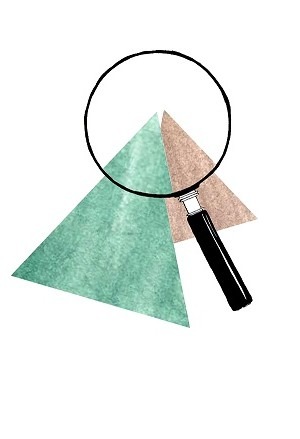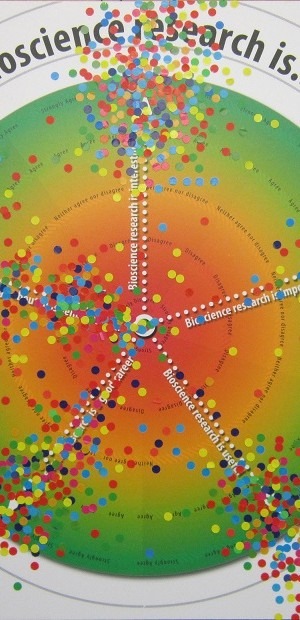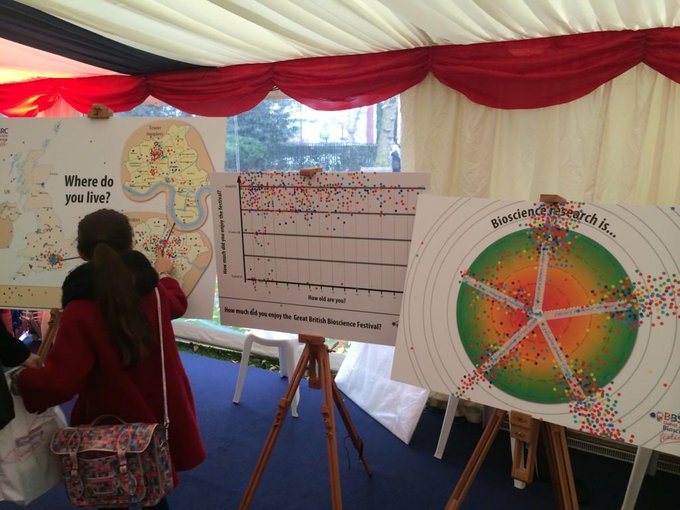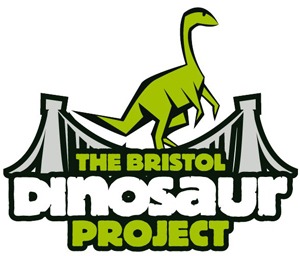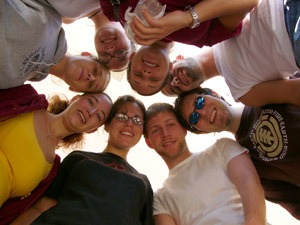Review of BBSRC Public Dialogues

BBSRC has a long-standing commitment to using deliberative public dialogue to inform policies around their research. As part of this, they have been working with the dialogue experts Sciencewise to support dialogue processes for their research institutes.
So far, three BBSRC Institutes have run their own public dialogues in order to inform internal policy*
Graphic Science was commissioned by BBSRC to review the three dialogues collectively to see what could be learned that can inform future dialogues.
Using a mixture of desk research based and interviews and focus groups with internal and external stakeholders, we analysed the findings from all three dialogues to look for commonalities and insightful points of difference.
*John Innes, Rothamsted Research, Babraham Institute




